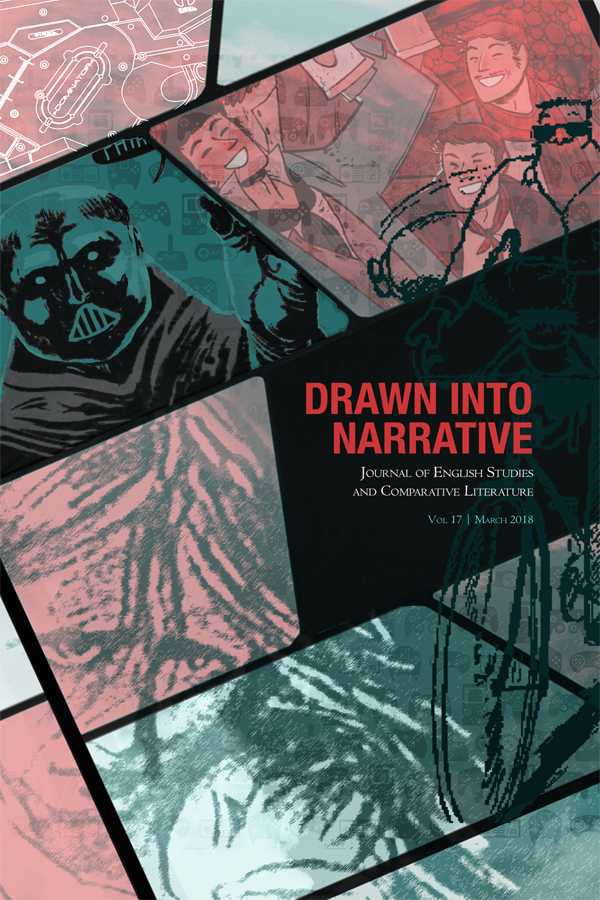PEPPO AS ONNAGATA, PEPPO AS MAID: DEFIANCE AND DEVIATION IN GANKUTSUOU
Abstract
Disrupting demeaning cultural evaluations of adaptations asderivatives and therefore secondary to the “original”, this essay
proposes an alternative reading of adaptation in the form of
tropes from a popular anime adaptation as derivations—distinct from derivatives—and playful permutations of earlier Japanese cultural forms. The interest of this essay, Peppo from Mahiro
Maeda’s Gankutsuou: The Count of Monte Cristo, embodies the
tropes of the trap character and the maid, which are respectively
comparable to the onnagata of Tokugawa kabuki and to the maid
of maid cafés which are offshoots of dress reforms during the Meiji
Restoration. I first unpack the histories of these cultural forms,
particularly emphasizing how the bodies of kabuki performers and
of maids construct gendered identities and how certain practices
and patterns of these cultural forms demonstrate or digress
from defiance by way of resisting and reinforcing structures of
masculine ideologies. I read Peppo alongside these histories and
examine her derivations from, intersections with, and deviances
from the practices of the onnagata and the maid to reinforce the
productive and playful processes of adaptation, to demonstrate the
continuity and co-optation of earlier Japanese cultural forms in
contemporary anime, to read and animate contemporary tropes
in light of earlier cultural forms, and to ultimately re-read and reanimate
earlier cultural forms in light of contemporary tropes.
Published
2019-07-03
How to Cite
BORLAZA, Catherine Regina Hanopol.
PEPPO AS ONNAGATA, PEPPO AS MAID: DEFIANCE AND DEVIATION IN GANKUTSUOU.
Journal of English Studies and Comparative Literature, [S.l.], v. 17, july 2019.
ISSN 0119-1721. Available at: <https://journals.upd.edu.ph/index.php/jescl/article/view/6788>. Date accessed: 08 sep. 2025.
Issue
Section
Articles


